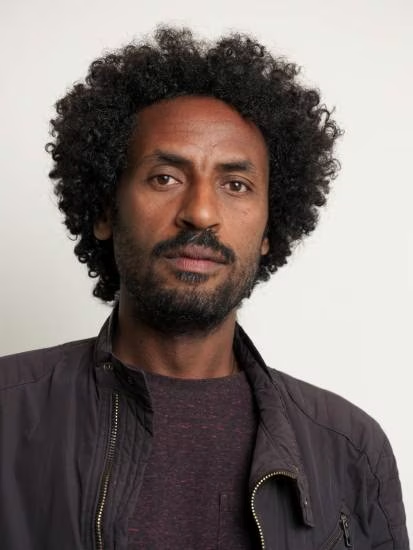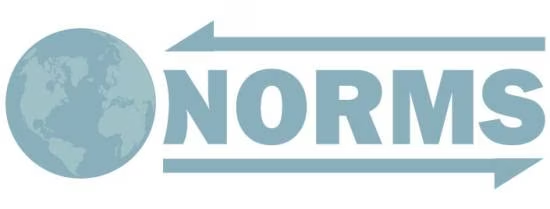What is the role of social norms in the international practice of deportation?
How do state agents interact to legitimize and de-legitimize deportation of foreigners by invoking different norms on migration and the treatment of migrants?
How can we gain new insights about the role of norms in relation to deportation that are relevant and accessible to a diverse audience?
NORMS explores international norms in deportation. Including both host and origin state perspectives, the project undertakes a comparative analysis of Norway, Sweden, Iraq, Somalia and Ethiopia.

Deportation of irregular migrants and rejected asylum seekers is widely known to pit host states against these migrants. However, deportation also pits host states against these migrants’ states of origin. For example, liberal European host states cannot unilaterally send migrants back to the states they come from.
The liberal European host states depend on the political willingness of states of origin to readmit these migrants and their practical assistance with identification and travel documents. If a state of origin does not cooperate, it may become difficult to enforce immigration law.
States of origin have political, economic and cultural reasons not to collaborate. The (lack of) cooperation between host states and states of origin regarding deportation has been conceptualized by scholars as a conflict of interest. Legal scholars and political scientists have focused their research on the incentives and coercion used by the host state to elicit compliance of the origin state.
Exploring the role of social norms
The NORMS project, on the other hand, aims to explore the role of social norms in this field.
Within the NORMS project, we look at how state agents from host and origin states seek to legitimize or de-legitimize deportation, promoting competing norms in a contested policy field. We take a practice-oriented and cross-country comparative approach to these norm dynamics. The comparative design includes one host state with high deportation rates (Norway) and one with low deportation rates (Sweden), as well as a number of states of origin (including Iraq, Somalia and Ethiopia).
Moreover, NORMS also examines norm dynamics at the supranational level, as narrated by Norwegian and Swedish police officers who have participated in return operations carried out by the EU agency Frontex. The project identifies the norms that determine (non-)deportability and theorises the scoping conditions under which they are promoted and contested.
NORMS takes a comparative, constructivist and practice-oriented approach to a field dominated by single-case, rationalist, and legal and formal policy analysis. Policy-wise, we explore a cornerstone of domestic immigration law enforcement by placing it in an international context. Host states often fail to elicit the compliant collaboration of origin states to help them deport. We provide an understanding of how and why norms are invoked by state agents to legitimize and de-legitimize deportation. This understanding can and should inform policy and public debate. NORMS connects leading scholars in the field with prominent decision-makers, for their mutual benefit.
Collaboration
The NORMS research project is led by the Institute for Social Research (ISF) in Oslo, Norway. The International Institute of Social Studies (ISS) is one of the collaborating partners of this project and will be involved during one of the four years of the project duration.
The other collaborating partners are:
- University of Oslo, Norway
- Forum for Social Studies Ethiopia
- The ARENA Centre for European Studies, Norway
The NORMS project started in January 2021 and will continue until 31 December 2024 at the Institute of Social Research of Norway.
Although ISS official involvement ended in December 2022, Dr Tefera Negash Gebregziabher (working on data collection on the norms concerning return migration to Ethiopia) and Professor Wil Hout (involved for the more theoretical dimensions of the project) will continue their collaboration with Norwegian colleagues. Their project report will be published later this year.
Contact

Project lead in Ethiopia

Project leader
Funding
The Research Council of Norway has awarded a grant (project No 314300) of approximately €1.35 million to the Institute of Social Research of Norway. The Institute of Social Research of Norway has signed a collaboration agreement with ISS in which ISS receives a share of the grant of approximately €54,000.
